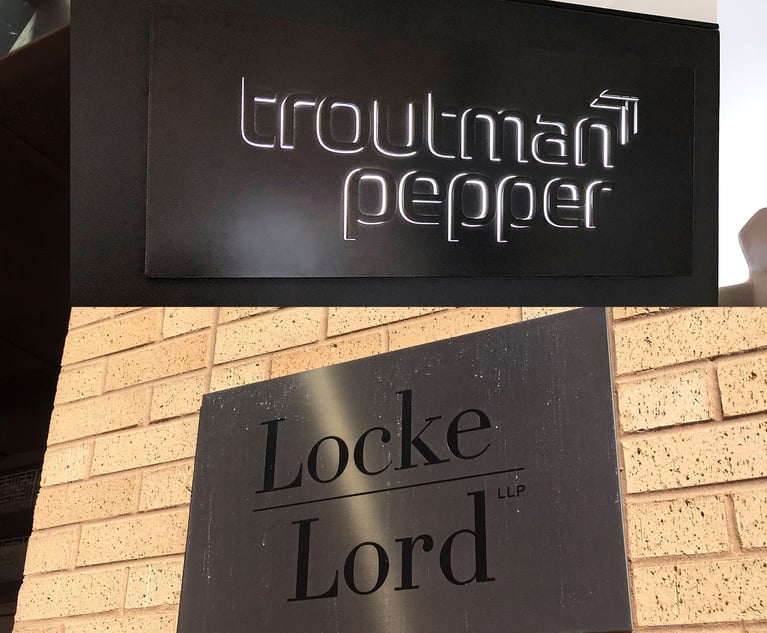In the unpublished decision, Clark v. Stover, No. 1474 MDA 2018, 2019 Pa. Super. Unpub. LEXIS 2910 (Aug. 1, 2019), a unanimous panel of the Pennsylvania Superior Court recently reaffirmed some of the core principles regarding the statute of limitations in legal malpractice cases. The Clark case involved a claim of legal malpractice arising out of a will contest brought by the brother and mother of the decedent. The decedent’s will left specific bequests to a number of individuals and charities, but made no provisions for his relatives including his brother (David) and mother (Monica) (collectively, the Clarks). The Clarks retained Jeffrey Stover of Stover McLaughlin to contest the will asserting undue influence by one of the individuals who received a bequest.
The decedent died on July 14, 2008, Stover was retained by David Clark in September 2008, and a caveat objecting to the grant of letters of testamentary and probate was filed on Oct. 17, 2008. David Clark’s claims were dismissed on Nov. 17, 2009. David Clark appealed, and the appeal and a subsequent petition for allowance of appeal were both denied. On July 13, 2010, Monica Clark filed a claim against the estate. The Orphan’s Court granted a motion for summary judgment on Monica Clark’s claim in December 2013.


 Josh J.T. Byrne, Swartz Campbell
Josh J.T. Byrne, Swartz Campbell




